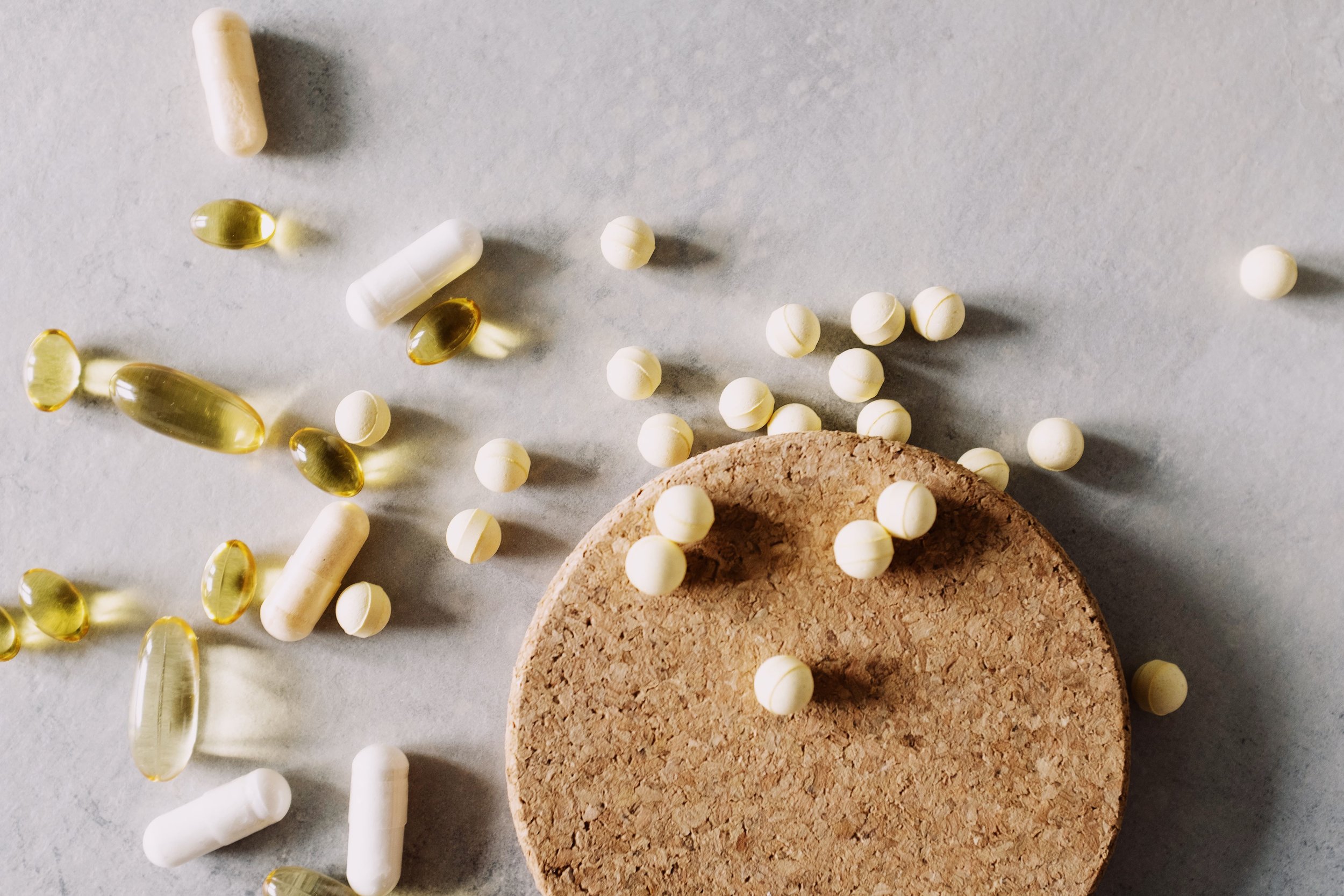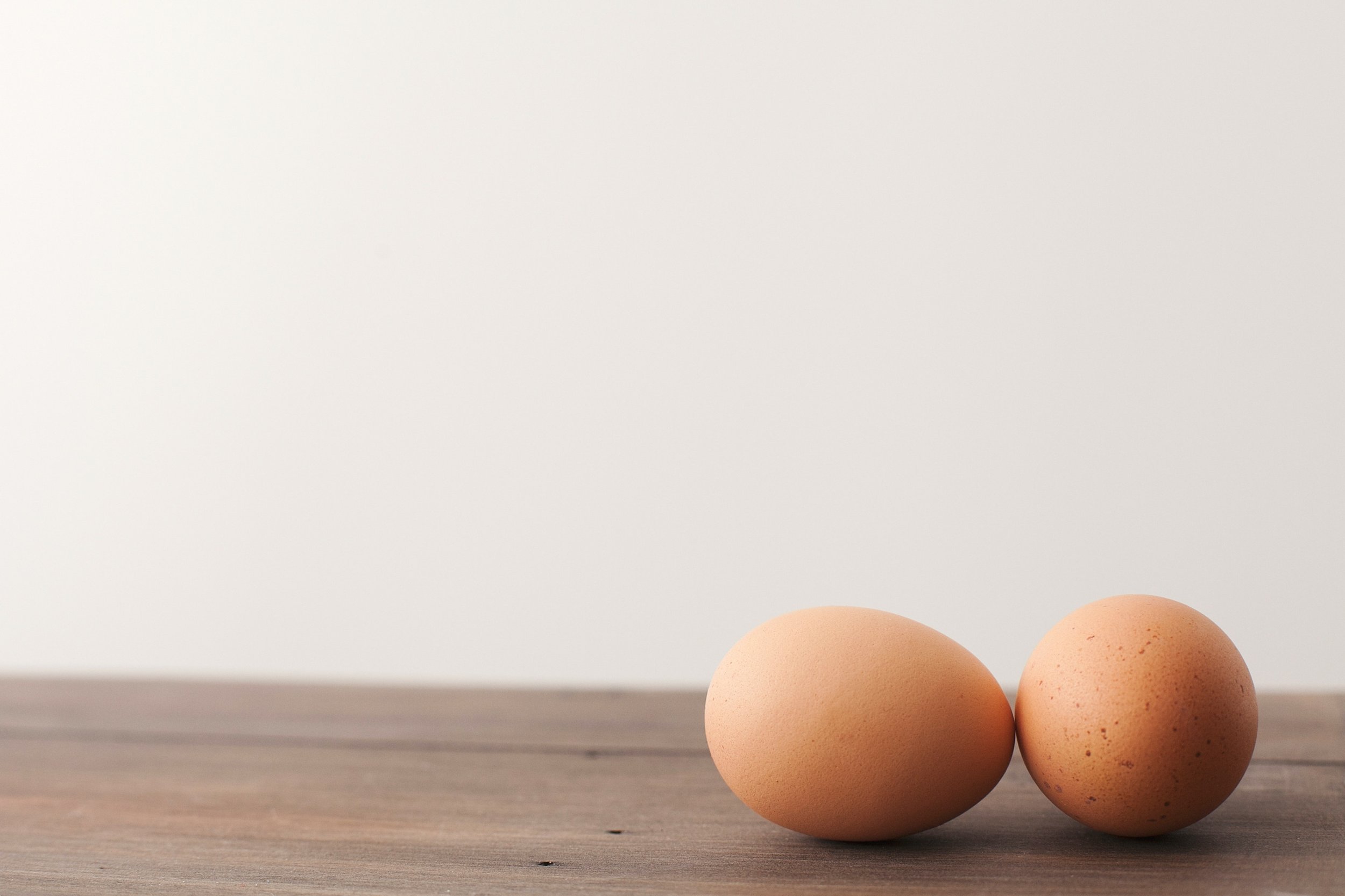How does vitamin D affect fertility?
Did you know that your vitamin D status may affect your chances of conception, risk of miscarriage and outcomes of an IVF cycle? Let’s dive into some important facts about the sunshine vitamin and how it can support your journey when trying to conceive.
Why do we need vitamin D?
Vitamin D plays many roles in the body. Some of the key roles of vitamin D are to facilitate calcium absorption for bone health, and to regulate the way our immune system works.
Vitamin D is a fat-soluble vitamin meaning we are able to store some vitamin D in our body. There are two types of vitamin D, ergocalciferol (vitamin D2) and cholecalciferol (vitamin D3). Vitamin D3 is the main form of vitamin D. It is naturally produced in our bodies by direct exposure to sunlight, and it can also be found in some foods and nutritional supplements.
Most of us can meet our vitamin D needs by getting enough daily sunlight. However, factors such as working in indoor settings, the cooler seasons, having darker skin and being overweight can place you at higher risk for vitamin D deficiency.
Did you know that in Australia just under one in four Australian adults (23%) has a vitamin D deficiency?
How does vitamin D affect fertility?
For women trying to conceive, vitamin D appears to be linked to improved fertility through supporting hormone production, embryo implantation and a healthy ongoing pregnancy.
Vitamin D has many roles in female reproduction. It plays a regulatory role in the genes involved in estrogen production, and its role in the immune system means it may also affect implantation of an embryo.
Vitamin D levels of 30ng/mL (75nmol/L) or higher have been associated with higher rates of pregnancy in women. Research suggests that hitting your recommended vitamin D intake and having sufficient vitamin D levels may increase the likelihood of conceiving.
Apart from the beneficial effects of vitamin D on female fertility, vitamin D also plays a pivotal role in male fertility by supporting testosterone production and improving sperm quality. Investigations have found that increased levels of vitamin D improves calcium levels in sperm, which helps with sperm motility.
Vitamin D and miscarriage
Having adequate vitamin D levels (of 75nmol/L or more) prior to conception and in early pregnancy may also help to reduce your risk of miscarriage. A review published in 2022 looked at a number of previous studies that tracked pregnancies and vitamin D status. The review observed an association between low vitamin D levels and an increased risk of miscarriage.
Can vitamin D help your AMH levels?
Emerging studies have found that vitamin D has beneficial effects on ovarian reserve markers.
Anti-Mullerian Hormone (AMH) is a hormone secreted by the egg sacs (the follicles in your ovaries which contain immature eggs), which gives an indication of your ovarian reserve. Some studies suggest that vitamin D assists in the production and regulation of AMH.
Interestingly, vitamin D appears to have a ‘normalising’ effect on AMH. Women with PCOS are known to show high levels of AMH. Studies have found an association between vitamin D and lowering the levels of AMH in PCOS women. While vitamin D supplementation appears to increase AMH levels in non-PCOS women who have low levels of vitamin D.
What does this mean? Vitamin D appears to improve AMH expression by our follicles, and sort of “corrects” the AMH reading. However, it’s very important to note that while it may favourably change your AMH level, it doesn’t give you new eggs, your physical ovarian reserve is the same.
Does vitamin D affect IVF outcomes?
Vitamin D levels have shown to be associated with the outcome of ovarian stimulation, implantation, and placental function in women undergoing IVF.
Women with sufficient vitamin D levels have been shown to achieve an increased rate of clinical pregnancy and live birth, compared to those with vitamin D deficiency, when undergoing IVF.
There is also research which suggests optimal vitamin D levels may help to support embryo implantation. It appears vitamin D may affect the function of the endometrium, which is the lining of the uterus where an embryo implants.
Where can we find vitamin D?
Our bodies naturally produce vitamin D when it is directly exposed to sunlight. Food sources are pretty limited but include:
fatty fish like salmon, trout, sardines and mackerel
cod-liver oil
egg yolk
Mushrooms will also provide you with vitamin D, provided that you leave them in the sun for a few hours first. Yes really - they will absorb the vitamin D from the sun which you can then consume!
Alternatively, vitamin D can also be obtained from a supplement, however we strongly recommend having a vitamin D blood test and then consulting a health professional before commencing any kind of nutritional supplement.
Key takeaways about vitamin D and fertility
Getting enough vitamin D each day and having optimal vitamin D levels (75nmol/L or higher) may improve your chances of conceiving.
If you are undergoing IVF, optimal vitamin D status may support better treatment outcomes.
Make sure that a vitamin D blood test is part of your preconception health assessment. Once you have accurate information about your vitamin D levels, you can tailor your nutrition and supplement strategy.
Need help improving your nutritional intake or confused about what supplement to take? Book a complimentary 15 minute discovery call and let’s chat about how we can develop a clear plan of action.
This article was co-authored by nutrition student and aspiring dietitian Sarah Gallardo. You can find Sarah on Instagram here and on Linkedin here.




